The Australian Government announced in March that it would provide 26,500 additional places over the next four years for Afghan nationals through its Humanitarian Program.
In response, RAILS (the Refugee and Immigration Legal Service), pro bono lawyers and volunteer students rolled up their sleeves to assist Afghan Australians in preparing humanitarian applications for their family members.
RAILS coordinated the effort, training lawyers from pro bono partner firms to provide initial advice and assist clients to prepare the applications. A voluntary UQ Pro Bono Centre clinic was also established with UQ law students assisting RAILS with the intake process (acting as first points of contact), and working with clients to complete first drafts of the immigration forms (often using an interpreter) for volunteer lawyers to check and finalise.
The Australian Government’s Humanitarian Program is prioritising former Australian Government employees in Afghanistan such as interpreters with the Australian Defence Force, people who were evacuated from Afghanistan during the Taliban takeover, Afghans who worked with Australian NGOs or Australian projects, women and girls, ethnic minorities like Shia Hazaras and people who identify as LGBTQI+. RAILS is targeting its assistance towards people with family members in these priority groups.
While the Humanitarian Program is welcome relief to Afghan nationals, the process to obtain humanitarian visas is extremely complex and obtaining legal assistance can be prohibitively expensive. According to the Queensland Law Society 2021 Access to Justice Scorecard, difficulty accessing free legal assistance in areas such as immigration law was ranked as one of the most significant barriers to accessing justice in Queensland.
RAILS is one of the few services able to provide free legal assistance to refugees and immigrants. Without assistance from pro bono lawyers and law students, RAILS would struggle to meet the client demand.
As RAILS lawyer Stacey Parker notes: “For a relatively small organisation like RAILS, it is invaluable to be able to partner with pro bono partner firms and an organisation like the UQ Pro Bono Centre to deliver a multi-faceted pro bono program such as this.
“It takes a lot of resources to properly target our assistance to those who need it most, and to deliver that assistance to those clients in the most efficient way possible.”
With more than 500 law students on the UQ Pro Bono Centre roster, law students volunteer hours of their time to organisations such as RAILS each year, increasing their capacity to assist vulnerable people.
“The UQ Pro Bono Centre’s provision of high-performing and highly committed volunteer law students to support this humanitarian program has helped us to stretch our limited resources to deliver a much more comprehensive service to many more people than we would have been able to assist on our own,” Stacey said.
In 2022, UQ Pro Bono Centre students are assisting Queensland Law Society in encouraging the legal profession to have a say through the annual Access to Justice survey. The 2022 survey is now open and takes just five minutes to complete.
Mandy Shircore is the Director of the UQ Pro Bono Centre.


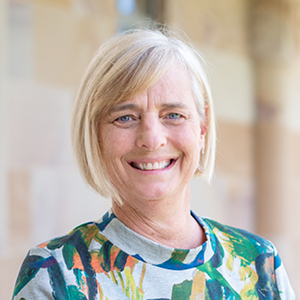




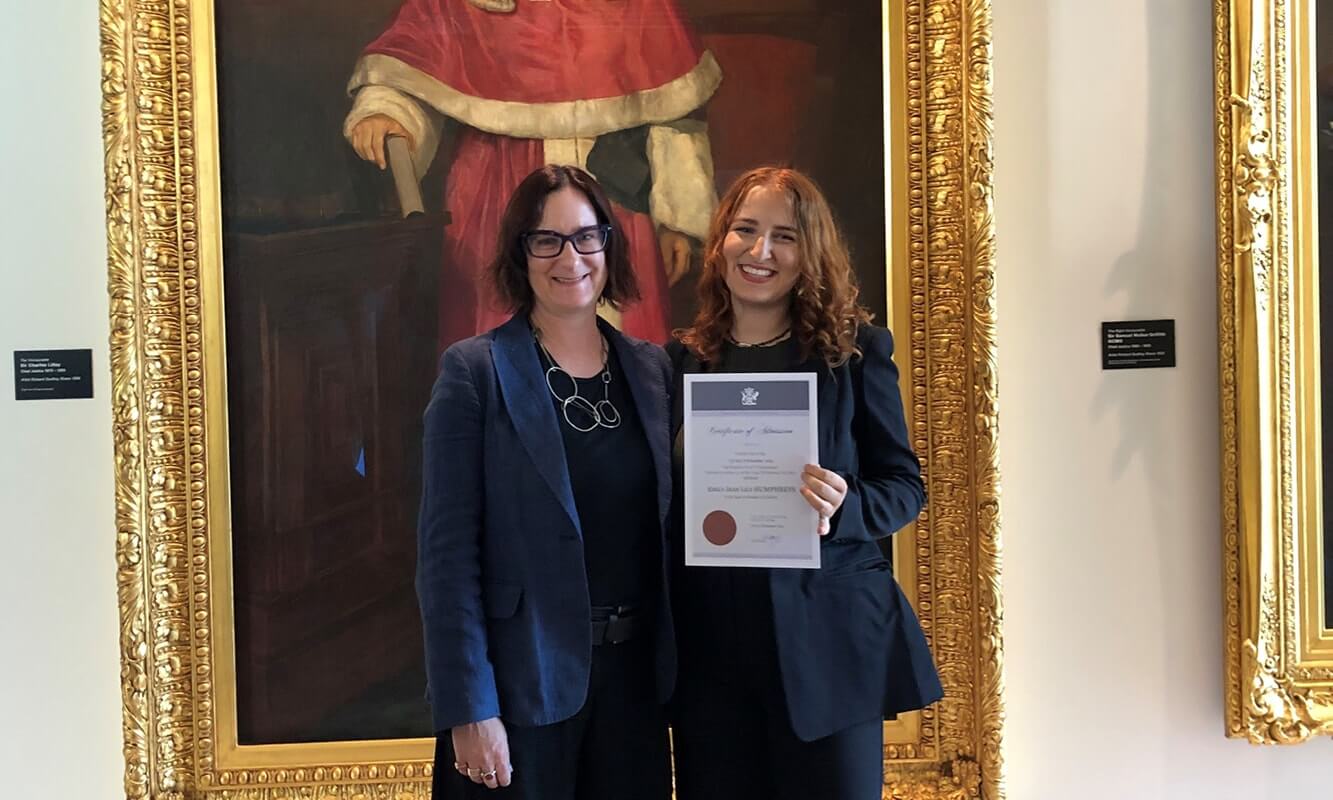
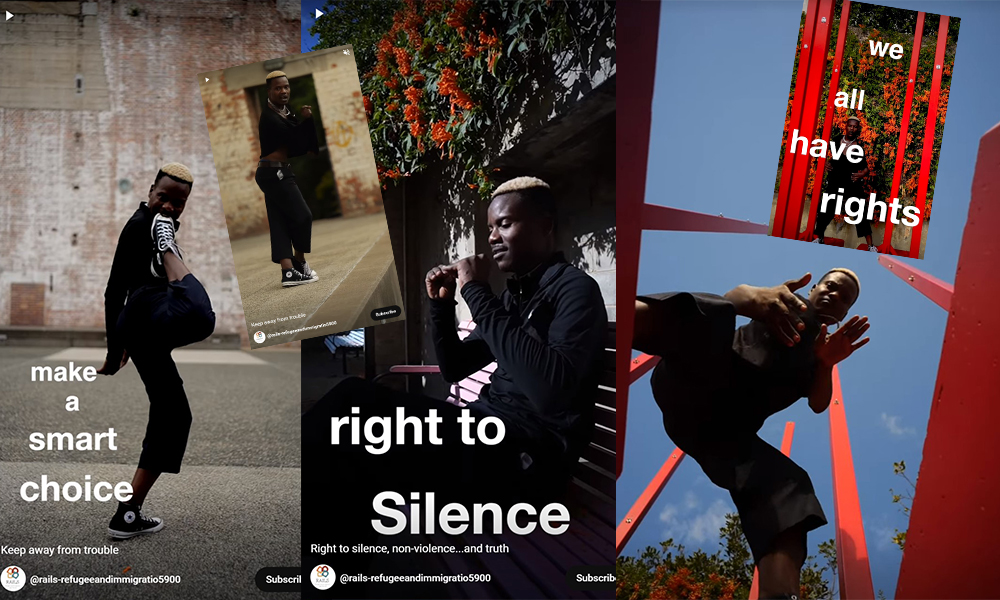
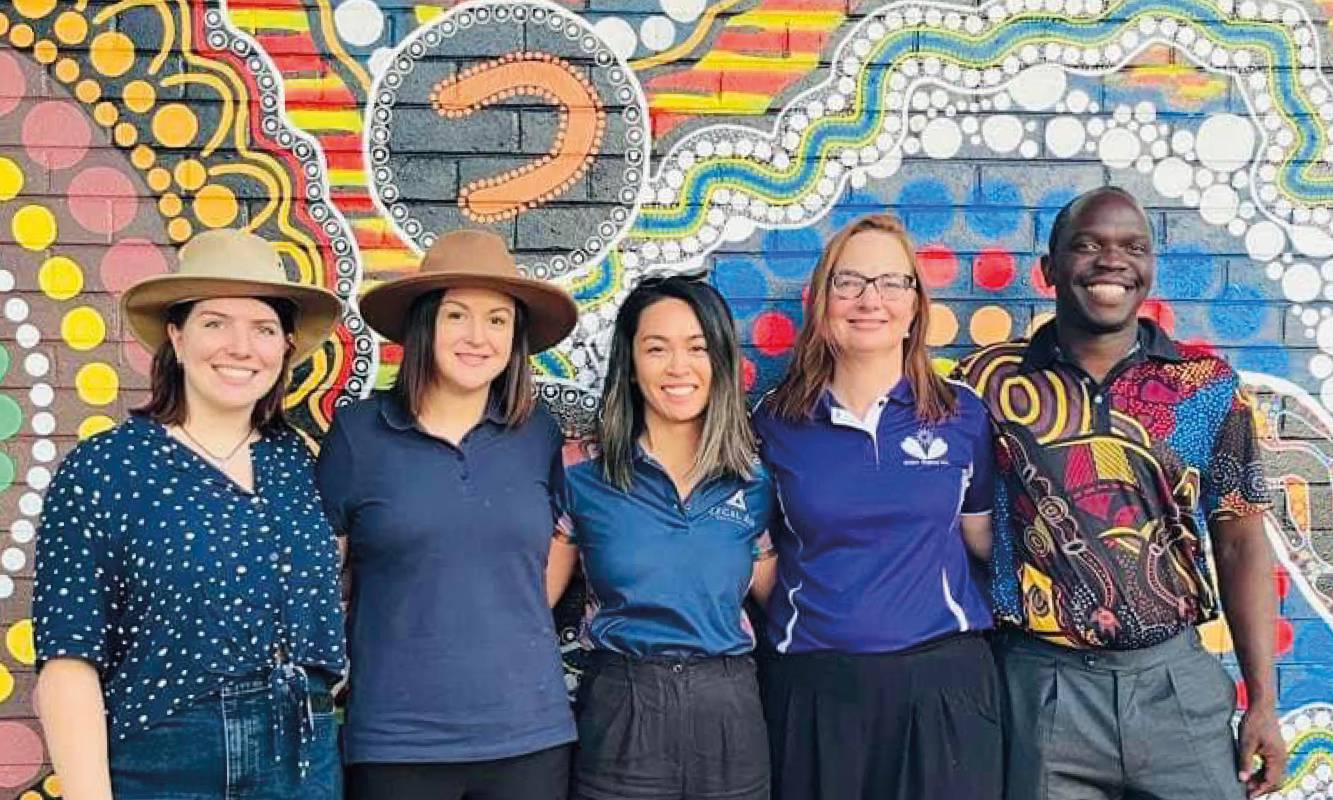
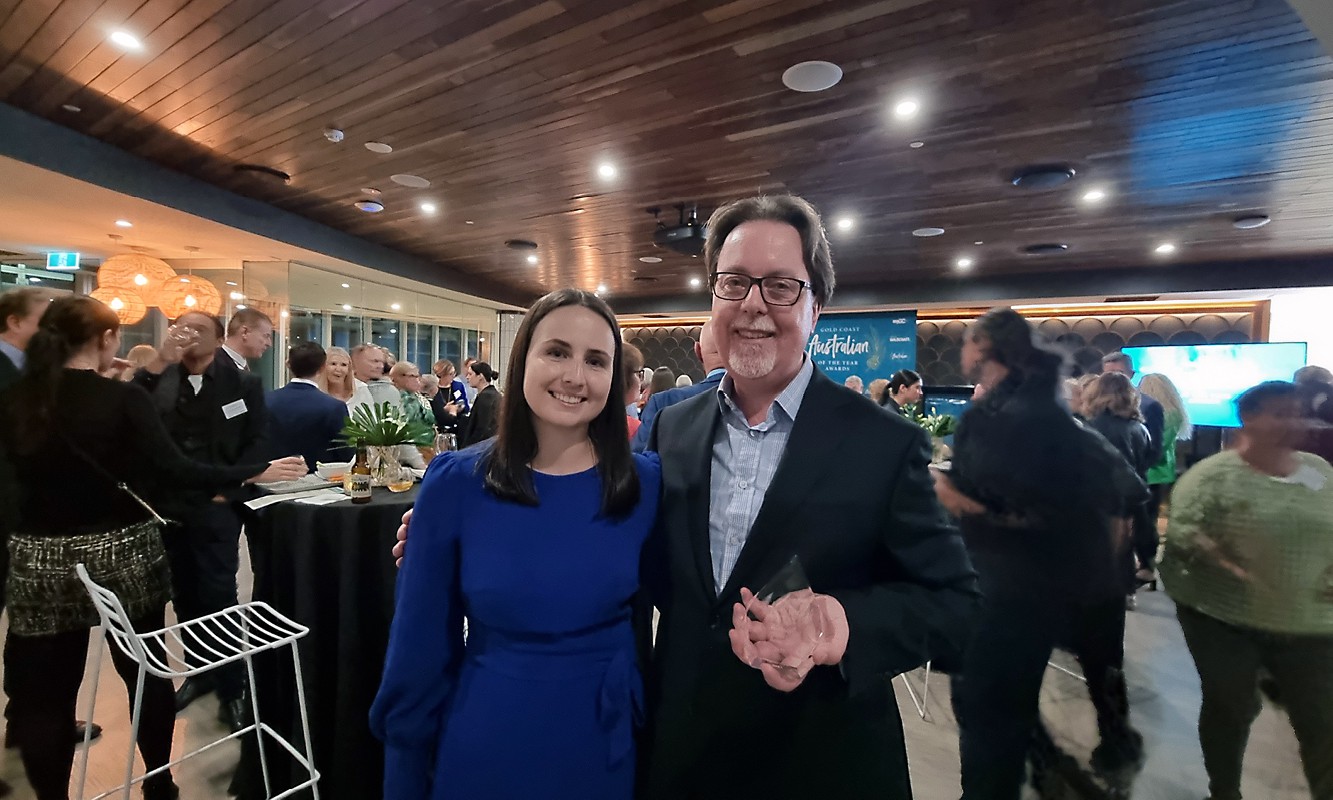

Share this article